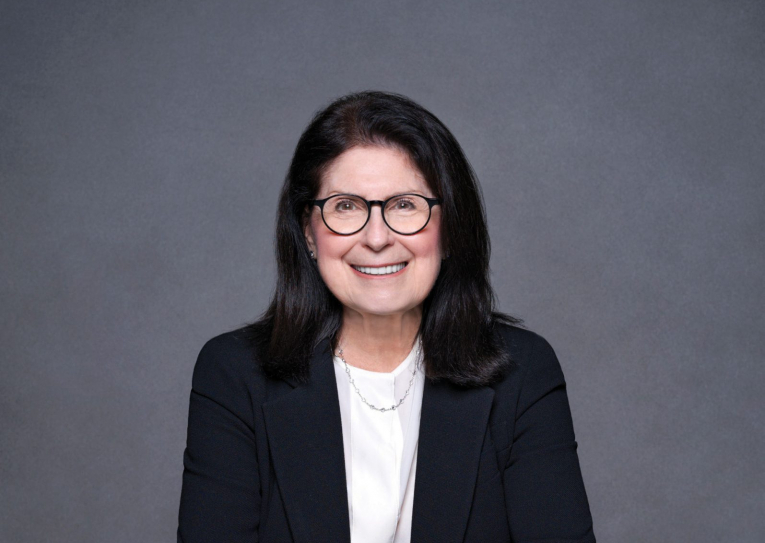What is a project? Or a program? Which project can be considered as a successful, and what kind of knowledge or skills must a person possess to be able to lead a project to its successful completion? What qualities or characteristics must a project manager or the leader of an organisation have, and what kind of challenges must he or she be able to deal with? I still remember asking myself these questions over 20 years ago. Since then, I have come to ask myself many more: how many large-scale projects (more than 3 years in length of time, and worth more than $5 million) are there in Georgia? Which sector best utilises the project management standards and methodologies? What is the situation like in today’s construction and development projects in this regard? What are the main challenges project managers, customer and sponsors face? Why is it so difficult to find a “good” project manager?
The questions which I asked myself years ago are even more pressing today for me as a professional project manager with experience of working with two top-ten international project management corporations in the world. Since the variables in the equation are more than ever, since the response has much more “it depends” variations there is no precise formula or receipt for success of the project. Why? Because in projects, as well as elsewhere one must consider not only the global and the sectoral but the human factors as well, and each case is unique and individual.
Construction and development companies stand out in today’s Georgian market in terms of the number of ongoing projects. In Georgia, as well as globally, the number of projects is increasing, and it is projected to increase even further. Unfortunately, there is no research data regarding the number of successful or failed projects on the Georgian market, stating the reasons behind them and the main challenges during their execution. However, we can look at what is happening globally in this regard. The 2017 study conducted by the Project Management Institute (PMI), which involved 3,234 professionals from across the world, showed that for each $1 billion of investment, organisations lose an average of $97 million annually due to poor project management. Thus, the situation has worsened by 20% compared to the 2016 figures. This applies to the global market, where the project management standards and methodologies are in place and well implemented. One can only imagine what the situation could be in Georgia, where the majority of project managers still operate using the “try again” method while inventing new project management tools/techniques, and organizations’ financial losses will probably amount to 2-5 times more. However, it is a matter of fact that projects in Georgia do get completed, some successfully, some hardly but still, and this is mostly down to the PM’s personal shrewdness and instincts. Could the results be a way better if they use the proven standards and methodologies? I believe, YES!
The recent study conducted at the ‘Management Academy” among 50 practitioner project managers revealed few main challenges they currently had to deal with. Based on the data analysis the lack of project planning, absence of a change control system, ineffective or poor communication with the project team and key stakeholders, incorrect perception of PM’s role and responsibilities are the main issues. They lead to failed projects, overrun budgets, missed deadlines, not achieved customer goals and unhappy sponsors.
I think majority of population in Georgia today either do not know for certain or have misleading understanding of what PM really does and how vital his/her role is in bringing a project to successful completion. I came to this conclusion after browsing through local recruiting sites, where descriptions of PM roles and responsibilities are often vague, and in many instances, it is not a PM that employers are really looking for, but a project coordinator, an administrator, or in a best case a consultant. What is the difference between a project manager and a project coordinator? Even though a project coordinator can carry out a PM’s job, only a PM can make a key decisions and take responsibility for a project’s success. While a project coordinator is simply a link between the project, project team and its’ stakeholders.
Sponsors and customers do not fully realise how important the relationship, support and communication between the PM, the upper and lower management is for the organisation’s income growth and success. I often think of the joke where a little boy gets asked what he wants to become when he grows up, and his reply is: “an orchestral conductor, because I can easily swing a stick around like that.” Similarly, many people seem to think that PM is a job that anybody can do, without any special education, skills or experience. Most organisations do not or cannot understand how crucial is PM’s development, education and support for their organization’s success. However, there are market leaders that are consistently oriented towards development. One such organisation is the development company M2, where management really focuses on staff growth and, in particular, on the development, support and education of project managers.
I think that each development and construction company ought to think about the extent to which they allow and support their PMs to develop, familiarise themselves with practices and experiences from abroad, be innovative and have freedom of making independent decisions. Did you know that there are only 43 certified professional project managers (PMP) in Georgia today, even though it is one of the most in-demand professions on recruiting websites? What do we do as employers and as people who wish our organisations to be successful and competitive on the market? A couple of years ago an initiative by a team of professional projects managers took a place for establishing a Project Management Institute (PMI) Chapter in Georgia, which will aim to increase awareness about project management standards and methodologies in the country, support the development of PMs and share professional experiences and practices with them. I believe this will be the first step towards enhancing the project managers and recognizing “Project Manager” as a profession in Georgia, as well as correctly understanding a PM’s role and responsibilities.
Author: Lela Machaidze
Contact e-mail : [email protected]




